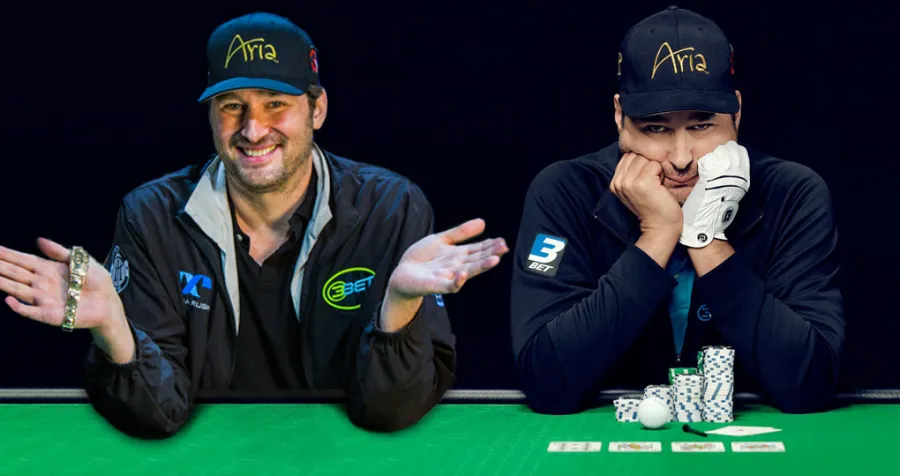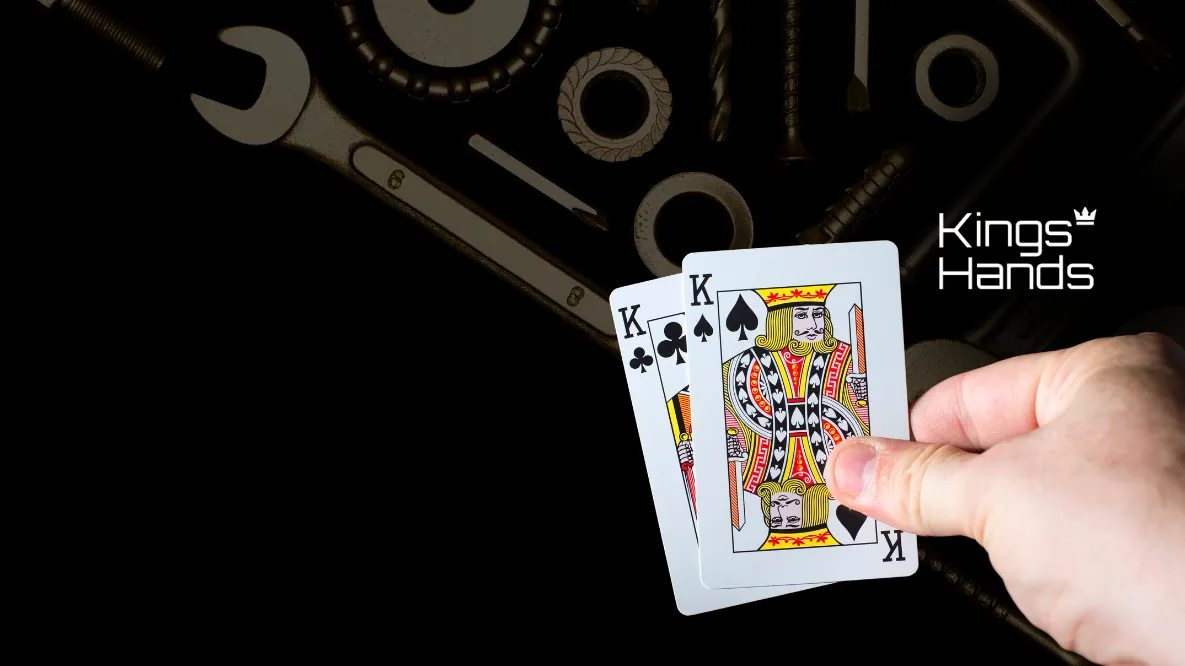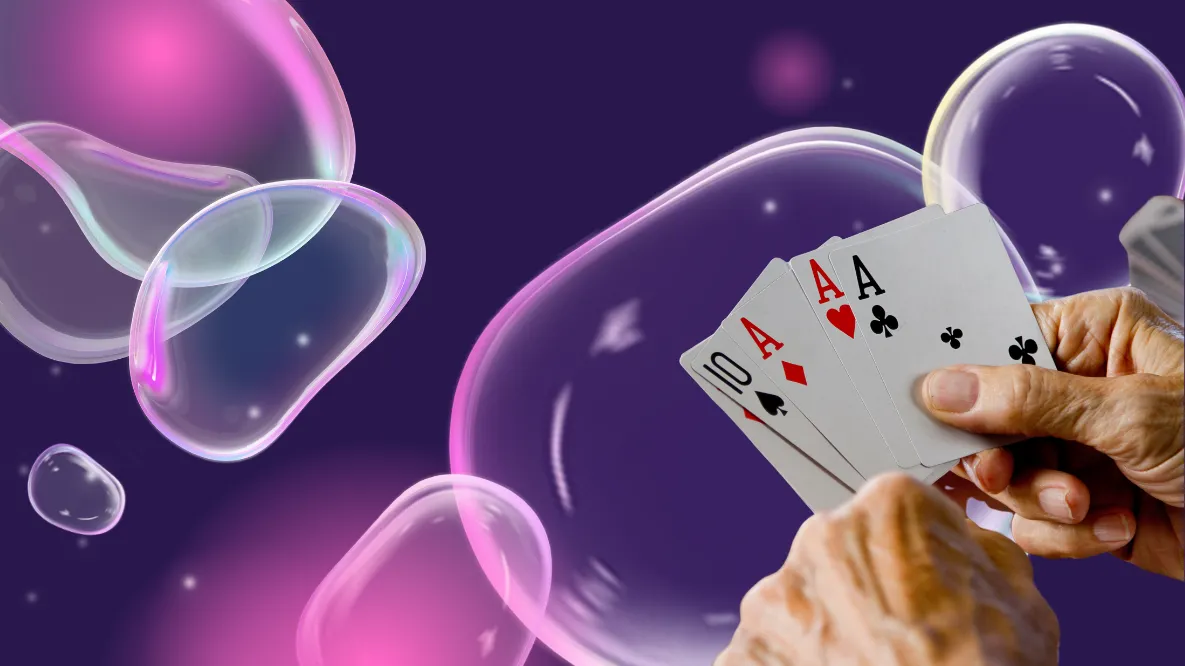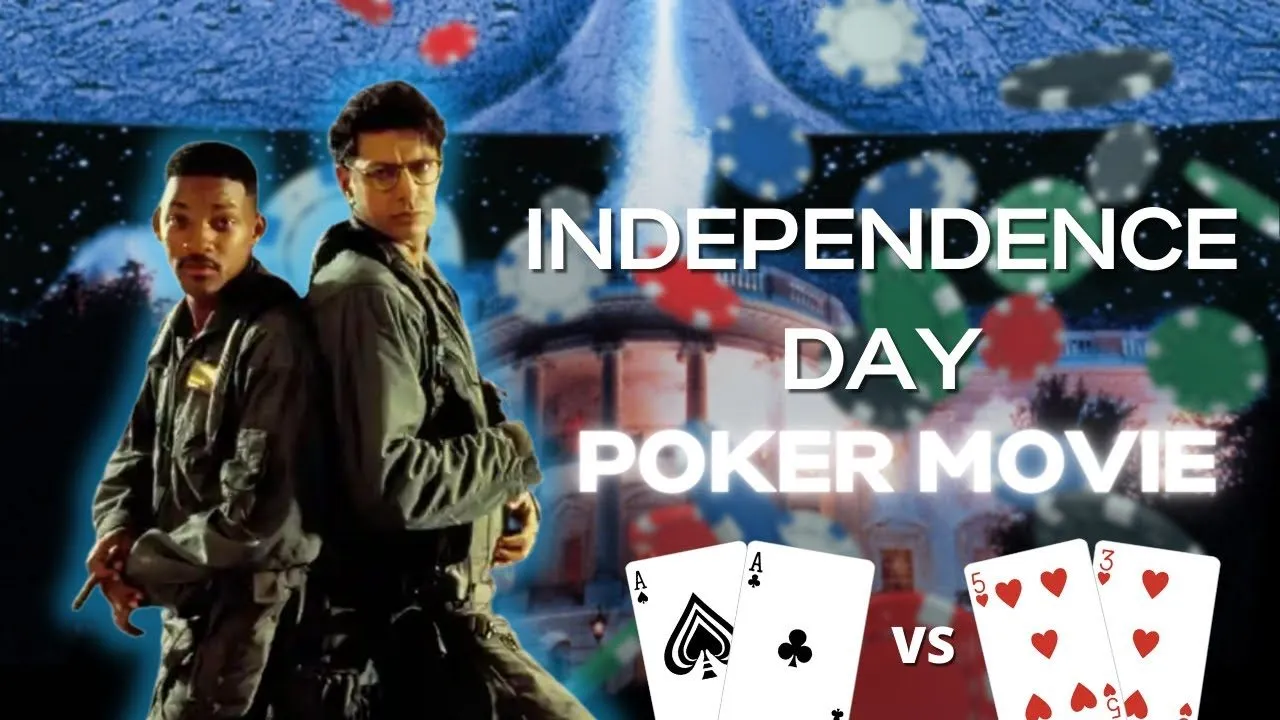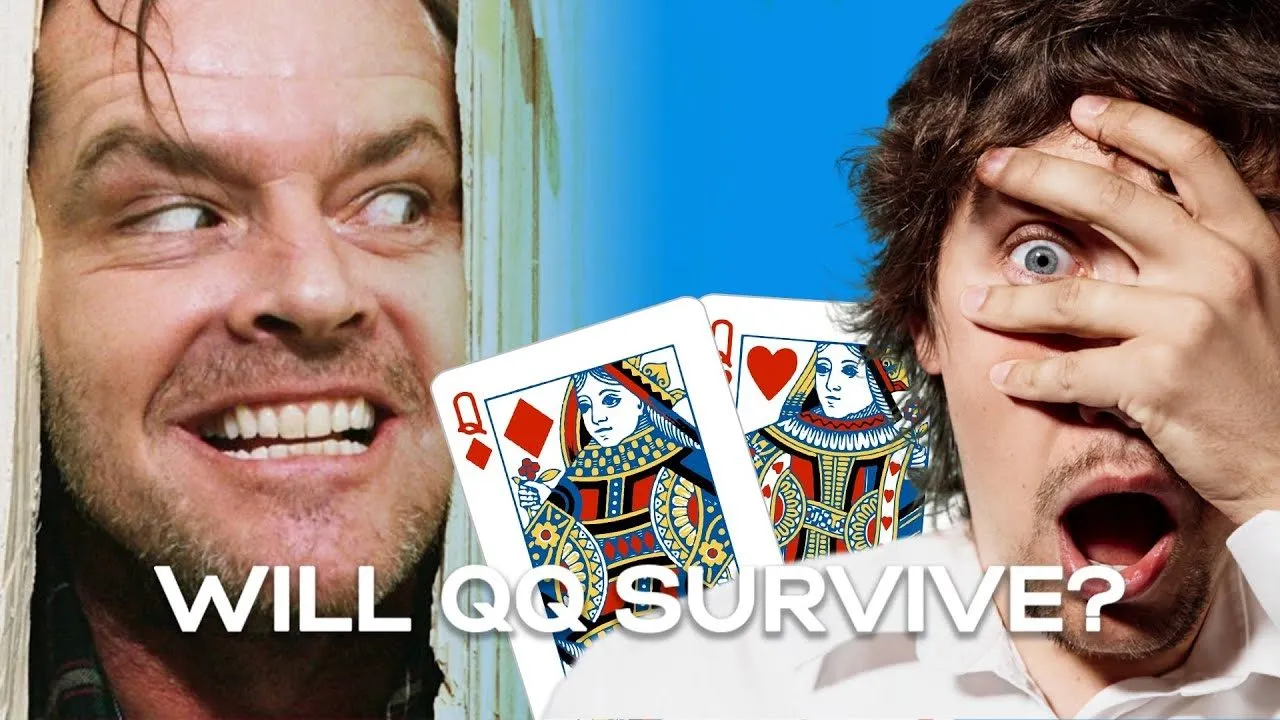Mindset mistakes are costing you more than strategy mistakes. There, I said it. A bold claim, surely, especially when I’m speaking to every poker player out there, but I stand by it. As a coach of MTT strategy, cash game strategy and mindset, I’ve seen just about every kind of poker glitch and error that exists, alongside making a healthy selection of my own over the years!
Mistakes are healthy, and completely key to learning. Taking away what we need to improve from them is the key to making sure that our mistakes are useful and not just repetitive.
What is There to Work on in Mindset?
Mindset work is working on any aspect of our total mental state, our day-to-day consciousness with all its ebbs and tides of feeling and thought, in a way which improves our overall experience and performance.
This generally involves facing things we might rather ignore – for example recalling and thinking over and reflecting on a moment in which we made a tilty play in a poker game. That’s not much fun to do, but it might be a lot of use.
We’re going to take a dive into exactly how to do this and what help it can be in today’s article.
Hard & Soft Tilt
Two key categories of mindset error in poker are hard and soft tilt. Hard tilt is any emotional response which is noticeable and sudden onset – such as getting angry. This is the classic “red mist descends” tilt which many players think of as the only mindset problem in poker. It really isn’t.
Soft tilt is, as it sounds, the opposite end of the scale. This is any change in our mindset which comes in gradually, and which we notice only after it has had some effect on our game (if we notice it at all). This might include slowly mounting frustration, boredom, stress from other issues, tiredness, or anything else which causes us to drift, as we’ll speak about further below.
These are not the sum total of the mindset issues one can work on in poker, and the real joy of coaching or working on mindset is that it can be of help in every other area of life, as opposed to studying 3bet ranges, for example, which you’ll struggle to apply anywhere other than the poker table!
The Stranger in our Midst
Mindset mistakes in poker are sneaky. They are always around, whether you’ve noticed them or not, and in fact they will trigger and exacerbate your existing strategy leaks. Let me give you an example.
It’s the midstages of a $109 MTT, you open ATo for 2.5bbs in the HJ and get 3bet by a tight aggressive regular on the BTN who makes it 2.6x. You hesitate. Stacks are 38bbs effective and you cover slightly. You know he hasn’t got really out of line with 3betting, that he’s capable, he knows his ranges. You know you can’t call. You go to muck it, but something is nagging at you – he’s light here. He could be light here.
Another couple of regs at the table have really been hitting you up for chips with 3bets, and you’ve taken a decent hit to your stack as a result. You’re frustrated. You’re not backing down this time – if he has it, he has it. You pull the bet slider to the top and hit bet – he snaps you with JJ and you river the Ace to knock him out. GG – good game. You don’t think any more about it. At least you have your stack back. Yeah, maybe it was a bit of a punt.
We could debate the nuances of this spot and the merits of shoving or folding, and probably at a low frequency it isn’t a problem – if you’re folding this spot the majority of the time you get dealt it.
But that isn’t my point here. The point isn’t the nuance of the strategic decision, but the recognition that our strategic decision-making is not really separate from our overall mindset. A “correct” play made for a flawed set of reasons is not a correct play. It might still be a lucky play.
If you make the right move because you’re frustrated, it still isn’t good poker. In the long run, that frustration will cost you huge amounts of equity if it percolates into your thought process in the hands you play, which it absolutely will if you let it!
Reluctance to Work on Mindset
Some people are very blocked about working on mindset – and I’ve often pondered the reasons for this. I have been reluctant to work on it myself at times.
I think one key reason is that it involves looking at an area of the mind which is harder to pin down than the things we focus on in regular poker study.
We can’t divide the study into such neat steps as when we are studying poker ranges or mathematics, and it may also seem harder to measure our progress in an objective manner. In reality it is possible to measure our progress, but in a very different way.
This leads to a sense that working on mindset is working on something “woolly”, fuzzy or undefined, or somehow vague – simply because it is working on something which resists or goes beyond logical categories and analysis. That is true, as far as it goes, but I don’t see it as any reason to avoid the work.
I do believe that there’s a long road to be walked for most of us concerning emotional intelligence and learning to be smart with our emotions and our instincts – and I do also believe, regarding poker, that instincts are a very important thing – but they can lead us either to real insights or to delusions depending on how we learn to hone them.
Working on mindset is also challenging, since it involves looking at stuff we feel uncomfortable with – as one of my best students once said, “getting comfortable with being uncomfortable”.
This is a great phrase and really expresses one key focus of good mindset – acceptance.
Acceptance
Here’s a recommendation for you. If you make a mistake in game, accept it. If you are frustrated about that mistake, accept that too.
SImply acknowledge the feeling, observe it, don’t hold on to it, and decide to come back to full calm focus on the next hand as soon as you are able.
The trick is to accept it, and trust that just being conscious and cool and aware will in itself lead to change.
Beating yourself up about a mistake you made might seem like a good way to hold yourself to account and change it, but it actually generally just leads to more vicious mindset circles.
We need to attend to our mistakes, but there is no need to suffer over them.
Simple Techniques
In our upcoming mindset articles we’ll be focusing on a series of simple daily practices which can help you in achieving this simple goal of being more aware.
As we cultivate these simple techniques to enhance our awareness in the moment, let’s consider how this may help us with one classic type of tilt. In truth it will help us with all the other forms as well, as discussed above.
Let’s say we have a hard tilt issue – we get angry and punt stacks. Or we get angry and don’t punt stacks, but just hate life and don’t enjoy the rest of the session (and likely play our B game). That is still hard tilt.
When we start using these techniques to cultivate awareness what we’ll find with hard tilt is that we start to notice the anger coming up earlier and earlier in the process, and that if we’re able to be aware of the very beginning of the anger response, that this awareness itself of what’s happening loosens the power of the response over us, and we’re able to shrug or laugh it off before it’s able to gain a real head of steam. We gain perspective, and the mindset game tree shifts.
Being aware that we are angry in the middle of a big tilt meltdown is obviously going to happen anyway by a certain stage, but by that point it is too late to avoid it, and it takes time to unwind and dissipate the adrenalin and other biochemicals our brains produce when we are angry – so the trick is to have enough awareness right at the start – and seeing it coming, we can almost side-step the whole routine of the anger response.
You could think of it as trying to cultivate a quiet, calm awareness of your own reactions, and of everything else around you, so that in the long run you are able to be responsive to the total situation, rather than reactive to one part of it.
This is then also accompanied by the fact that as we cultivate deeper awareness in the moment we will understand ourselves overall simply better, including any causes for our anger which might lie outside of poker, and which might be infiltrating our day-to-day thought processes and mentality at the tables (and beyond) without our really realizing it.
Our Rational and Emotional Selves
Strategic analysis is quite a distinct aspect of our thinking mind from emotive response. The rational side that aims to be highly analytic, logical, mathematical, to come to sound conclusions – that is indeed quite a different part of our mind from the part which has to do with our emotions, intuitions and instincts, which often resist logical analysis.
Yet there’s constant interplay. We can learn to use both our rational mind and our instincts well, and to improve how these aspects of our mind work in relation to one another. Our emotions don’t have to undermine our strategic thinking, in fact with the proper care and attention they can improve it.
This is another reason that we don’t want to try to deny or ignore our emotional responses as a way of dealing with them. We can’t just pretend that we don’t feel frustrated, or angry, or distracted – whatever the particular mindset leak is which is under discussion. That will just shove the problem under the rug and give it more power over us (as we won’t be aware of its effects).
We are human beings, not Buddhas – we are going to have suboptimal states of mind at times. The question is how conscious we can be of where our head is at, and how this affects our game, and also the question of what work we’re doing to climb the mountain, to become more aware.
There’s a distinction, but no separation, between rational and emotional – after all these different aspects are all housed in one human mind and they definitely interact in all sorts of subtle ways.
Sometimes it is less subtle – we go on raging tilt.
Other times it may be something as semi-conscious as drift, the inevitable loss of focus which takes place over a period of intensive concentration.
Drift
Drift can sneak up on you, and you don’t notice it until your game has slowly decayed from A+ down to C- as you lose your ability to stay deeply focused and engaged.
Drift is something every single human is subject to, and it has been well demonstrated that the optimal time for deep concentration in study is around 25-30 minutes followed by a 5 minute break, something it is often unrealistic to precisely match whilst playing poker.
The Underlying Work
Whether we are working on hard tilt problems, soft tilt issues such as drift, or something in our wider life which is undermining our game, such as our habitual thought processes, or our lifestyle and routine, the underlying work is going to be the same.
The work at the heart of mindset study is always about practicing techniques which will allow us to become more aware.
Simply more aware – whether of our own reactions, thoughts, behaviours. This deepening awareness and sense of where we are at in our head in the present moment is something that will help change to naturally occur in the areas we need it – such as becoming less angry, being less distracted, or living right in our day-to-day habits.
This is something which will help you not only in playing your A game, in being honest with yourself in your thought process at the table, in avoiding emotional reactions undermining your game, but also in maintaining focus over longer periods, in cultivating a better life / poker balance and in areas away from the game.
Since the goal is simply deeper awareness, this is literally something which can benefit every area of our life and personal development.
A Gentle First Task
There are a whole series of techniques I’d like to introduce to you through the upcoming series, but this first task will be a very simple one, and I’d recommend you to complete this right after you finish your next poker session, especially if it has been a frustrating one.
Simply take a piece of paper and a pen (yes, no screens for this one!) and write down by hand ten things which you are grateful for which have nothing directly to do with poker.
If you struggle to reach ten, give it a little more thought and stick it out until you have your list.
Then just read it over to yourself, and reflect on how you feel compared to five minutes before.
Then maybe stick that list on the fridge and read over it now and then (or add to it!).
Gratitude, and practicing reflecting on gratitude, is a huge tool for perspective. There are many other such tools, but this is one of the most powerful, and it’s always at our disposal should we choose to access it.
We are all very fortunate just to be here discussing the pitfalls of poker, rather than, for example, working down in a pit!
Image courtesy of Cardschat
